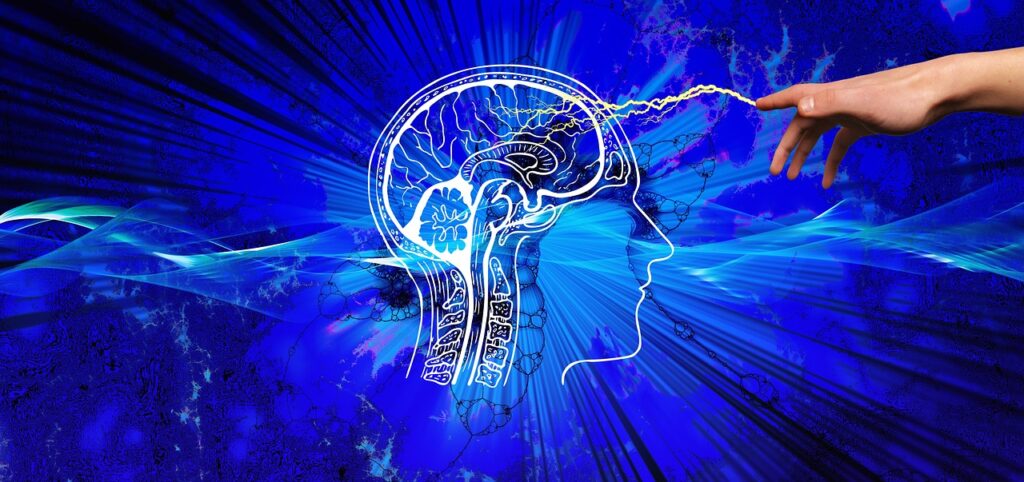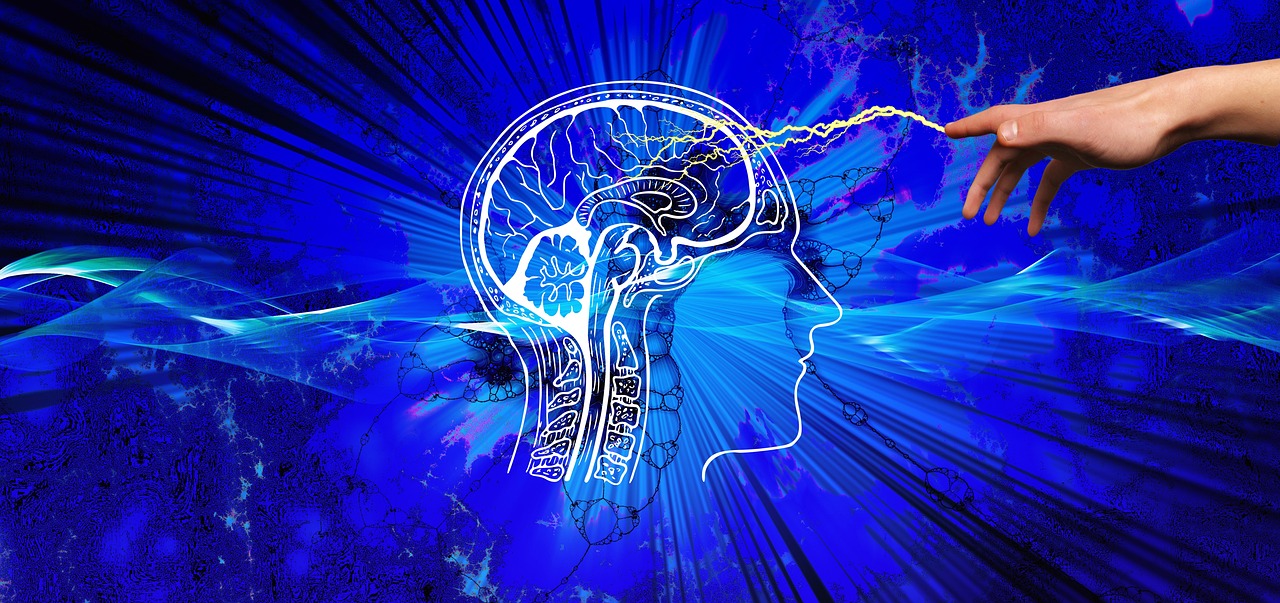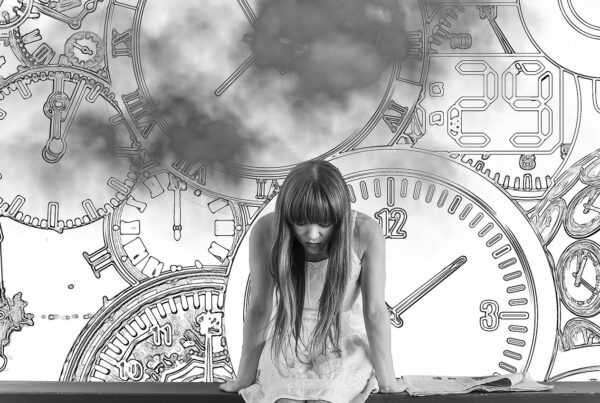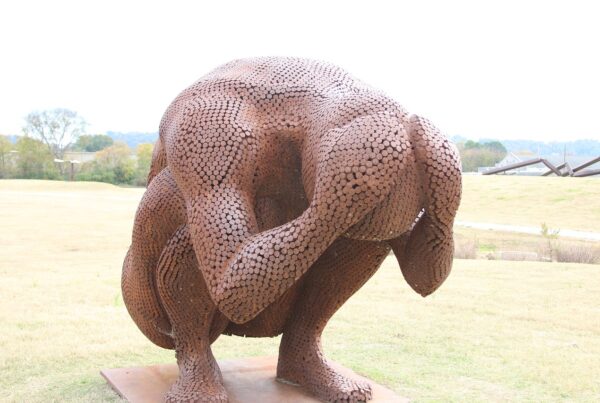In this post were specifically looking at the Hippocampus
I couldn’t sleep last night , sometimes I wake up and just feel unsettled , my brain is racing and Im never feeling good thoughts when this happens. As you may know, I have suffered from Trauma caused by my childhood all my life. Sometimes I just have these days when all I can do is get through them , today is one of those days.
I turned on Tic Tock , really a bad idea and a self named trauma coach came on , with a lot of flashing quotes behind her she told her viewers that the Hippocampus is reduced by trauma and she can help her viewers to grow it again and that got me thinking , was she right or was this yet another site trying to get numbers up to sell us something?

Well on first look there does seem to be a lot of research linking child maltreatment with reduced adult hippocampal volume , Teicher , Anderson and Polcari at the Rockefeller University in New York shows a link between low volume , especially on the left side , hippocampus size, and also abuse. This is quite an old study now , it was 2011 and as usual for this type of study it depended on retrospective reporting of maltreatment by subjects . One fact I found really interesting from the research was that he worse the maltreatment the bigger the size difference again especially on the left side . This study confirmed findings of M. Vythilingham MD et al 2002 that found left side reduced volume .
These studies are quite old now , well at least in this field , research in this area is continually developing and to see if perhaps that online therapist was correct , we should keep our research as up to date as possible. Ill get another Coffee , Ill be right back ………

Sorry for the delay ….back now…..
J.Herzog et al at Heidelberg University published a paper in 2020 looking into retrospective reported childhood abuse and Amygdala and Hippocampal Volume in Females. Acknowledging that brain volume and childhood trauma have been widely reported she eludes to research currently underway that will try to pinpoint the different types of abuse and quantify the effects of each one. She quotes Everaerd et al 2016 that also showed that in addition to abuse , deprivation can also have similar results. Herzog worked with the notion of two types of maltreatment Active (physical Abuse , Sexual ) and Passive ( neglect , emotional or physical).
She quotes the English and Romanian adoptees study , children institutionalised in Romania and adopted in the UK had smaller volumes in their left Hippocampus and larger volume in the right Amygdala (Passive ) . Studies she quotes from (active) maltreatment also found a negative relationship to the size of the Hippocampus .We should remember though that sexual abuse can also be accompanied with neglect so the results may have to be looked at with a degree of caution.
Herzog and her colleagues concluded their study with an important finding and that was age . The difference was that outcome changed in relation to pre pubescent and post pubescent, both for the Hippocampus and the Amygdala . They ask for further study, especially longitudinal on this, as if we can work out what is the worst window of time in neurodevelopment for these changes in the Hippocampus and Amygdala then we can have a better understanding for prevention. Further work is needed in the gene-environment interaction (epigenetic processes) and to include both males and females. Again these results were based on retrospective reporting of maltreatment and this does have some difficulties and various maltreatment types could be in play at the same time.
Melodie Derome et al from my old University of Roehampton ( lovely campus ) posted a very recent paper from February this year ( 2023). She looked at Childhood trauma and changes in the Hippocampal functioning . She recruited 52 students from two University Campuses from 230 original respondents, those unable to have an MRI were excluded, they were paid £20 for their involvement. ( were do I sign up?) ?).
The study sets the scene for the research , they state that there is a considerable overlap between neural changes seen in psychosis and changes seen in adults that have experienced Childhood trauma. This is interesting because it’s well understood that in those experiencing psychosis there are alterations in temporal lobe activation. They also have reduced or altered temporal lobe volume , activity and connections. This change is particularly apparent in the superior temporal gyrus ( I didn’t know what this was either …its one of the three gyri in the temporal lobe of the brain , you would find it just above the external part of the ear). This was only mentioned as adults with childhood trauma also show some symptoms such as speech sensory that come from the same area , also remember the hippocampus is embedded deep inside the temporal lobe ( medial part). The Hippocampus is as we know particularly sensitive to stress and is well connected via the HPA Hypothalamic – Pituitary- Adrenal axis .
So why did we need to know the above ?
Well the purpose of the above study is to see if there is a link between psychosis like experiences , the Hippocampus and childhood trauma ( also STG function and Novelty detection , we don’t really need to cover these and my knowledge of novelty detection is I think it is part of the salient theory , but you can look that up if you want ……I don’t!).Then we can get our conformation of changes to the Hippocampus we need to confirm then move on to see if that therapist ( remember her from above ) was right that she could reverse it .
The Test ….

Participants were tested for their recall of childhood trauma ( CTQ, CEQ,BSI, DASS , WASI11) . They were split into groups , overall , high and low childhood trauma groups and fMRI scans were undertaken. Results were recorded for the two reasons of interest , the Hippocampal and Superior Temporal Gyrus (STG).. (were not interested in the second for this post). The results showed that the High childhood trauma group had significantly reduced functional connectivity ( left Hippocampus and the STG region)and altered hippocampus activation.
So if we look at all the research above the Hippocampus does show activation and connection differences in childhood trauma sufferers . Also research does show us that the size , especially the left hand side does indeed seem to be of a different volume to those who did not suffer childhood abuse .
But can we reverse this Hippocampus change?
The second part claimed by the therapist is that ” due to brain placicity” I can teach you to re grow your Hippocampus , now Im sceptical , but lets see if she gets two out of two?…..
Well , Psycheducation.org states that .. .. ” yes , In several different stress -related conditions all of which are known to cause hippocampus shrinkage , there is evidence that effective treatment can at least partially reverse this atrophy , leading to growth , rather than further loss”. They quote a 2003 study from Eric Vermetten et al , in that study they used Paroxetine ( an antidepressant) for up to 12 months and saw an increase in the Hyppocampal volume of an average of 4.6%..
MD edge Psychiatry ( Henry Nasrallah MD ) , he states that the Hypocampus s the ‘regeneration centre of the brain ‘ continuously producing progenitor cells ( similar to a stem cell but more specified) that develop into into neuron’s and glia and replenish the brain. He says the Hippocampus shrivels in severe stress disorders or Alcohol abuse . He thought goes onto quote the same study above and the use of anti depressants . He does go further to advise , physical exercise , mental activities such as reading or writing and deep breathing daily to oxygenate the brain.
Further to the above Flint rehab ( FDA listed) with 300 Rehab facilities , in 455 of top US hospitals and in 41 countries . They state that it is indeed Neuroplasticity that can help the brain to recover including the Hippocampus , through neurogenesis , the creation of new brain cells as we learnt above from Edge Psychiatry. They show that BDNF ( brain -derived neurotrophic factor, a sort of growth factor) is the driving force here . They again advise , exercise , brain stimulation , but also a good diet including fatty fish , blueberries , dark chocolate and turmeric.). Also Flint advises coffee drinking and mindfulness practice.
So Im going to admit I was wrong , I set out with the thought that the damage to the Hippocampus could never be reversed , but it seems that there are some indications that it might be .
I would add that Proudest-walsh et al ,in 2018 looked at recovery of the brains of monkeys from injury , monkeys have similar brains to ourselves . He showed that damage to the Hippocampus cannot be repaired as the brain has a limited capacity to grow new neuron’s .He says the brain tries instead to compensate by using other parts of the brain. He also shows that recovery is linked to the amount of time that has passed scions the injury .
Last one …honest .. quote from Heather Brenhouse , Associate professor at Northeastern University talking about changes to the brain from child abuse . She said ” I’m worried that when we talk about early life trauma it sounds like when you experience it then you are broken “. ” But the truth is ,our brains continue to be plastic throughout our lives , maladaptive circuity can certainly be changed by later enrichments , interventions and treatments”.
As you probably know , I write as a childhood trauma survivor , Im on a journey to find out answers for myself and I’m bringing you along for the ride …… I hope I find you in a good place , thank you for spending time here , I know there is a lot of content out there , Im grateful . If you are suffering from childhood trauma , please remember you are not alone , there’s a lot of us out there !
Citations
- Article
- Open Access
- Published:
Influence of Severity of Type and Timing of Retrospectively Reported Childhood Maltreatment on Female Amygdala and Hippocampal Volume
- Julia I. Herzog,
- Janine Thome,
- Traute Demirakca,
- Georgia Koppe,
- Gabriele Ende,
- Stefanie Lis,
- Sophie Rausch,
- Kathlen Priebe,
- Meike Müller-Engelmann,
- Regina Steil,
- Martin Bohus &
- Christian Schmahl
Scientific Reports volume 10, Article number: 1903 (2020) Cite this article
- 4583 Accesses
- 36 Citations
- 1 Altmetric
- Metrics
Childhood maltreatment is associated with reduced volume in the hippocampal subfields CA3, dentate gyrus, and subiculum
Martin H Teicher 1, Carl M Anderson, Ann Polcari
Affiliations collapse
Affiliation
- 1Developmental Biopsychiatry Research Program and Brain Imaging Center, McLean Hospital, Belmont, MA 02478, USA. martin_teicher@hms.harvard.edu
- PMID: 22331913
- PMCID: PMC3295326
Childhood trauma associated with smaller hippocampal volume in women with major depression
Meena Vythilingam 1, Christine Heim, Jeffrey Newport, Andrew H Miller, Eric Anderson, Richard Bronen, Marijn Brummer, Lawrence Staib, Eric Vermetten, Dennis S Charney, Charles B Nemeroff, J Douglas Bremner
Affiliations collapse
Affiliation
- 1Mood and Anxiety Disorders Program, National Institute of Mental Health, 15K North Drive, Room 111, MSC 2670, Bethesda, MD 20892-2670, USA. meena.vythi@nih.gov
- PMID: 12450959
- PMCID: PMC3230324
- DOI: 10.1176/appi.ajp.159.12.2072
Free PMC article
Eur Arch Psychiatry Clin Neurosci. 2023; 273(5): 1061–1072.
Published online 2023 Feb 4. doi: 10.1007/s00406-023-01564-3
PMCID: PMC10359215
PMID: 36738332
High levels of childhood trauma associated with changes in hippocampal functional activity and connectivity in young adults during novelty salience
Mélodie Derome,1,2,3 Sandra Machon,1 Holly Barker,1 Petya Kozhuharova,1 Natasza Orlov,4 Elenor Morgenroth,5Kenneth Hugdahl,6,7,8 and Paul Allen1,3,4
Author information Article notes Copyright and License information PMC Disclaimer
www.mdedge.com
Remember your Hippocampus ! You can protect the brains regeneration centre October 2007 6(10) 17-18 Henry A Nasrallah MD .









I do believe all the ideas youve presented for your post They are really convincing and will certainly work Nonetheless the posts are too short for novices May just you please lengthen them a little from subsequent time Thanks for the post
I’ve learned something new and hard from websites that have very informative pieces or reviews right now.
Hi, good post. Your website appears to have an issue with Internet Explorer. This problem will cause a lot of people to miss your good content because IE is still the most common browser.
Hi , thanks for the info , I’ll contact my web person who knows about these things ….I obviously don t ! Ill see what he might do …thanks